Lou Reed
Lou Reed

Lewis Allan Reed, born on March 2, 1942, was a pivotal figure in American music history, known primarily as the guitarist, singer, and principal songwriter for the groundbreaking rock band The Velvet Underground. Despite the band's lack of commercial success during its active years, The Velvet Underground became highly influential in the realm of underground and alternative rock music. Reed's distinct deadpan voice, evocative and sometimes controversial lyrics, and experimental guitar style defined his contributions to music over five decades.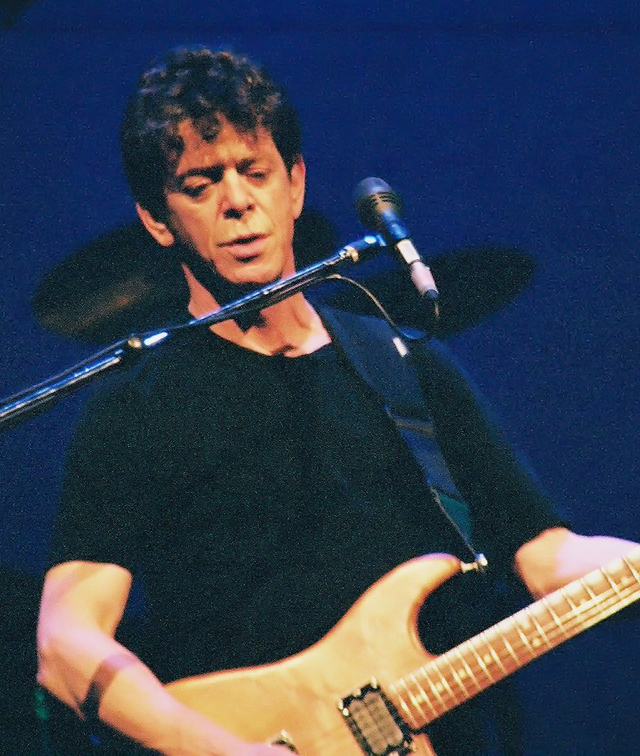
Reed's musical journey began in high school, where he played guitar and sang in doo-wop groups. He pursued poetry at Syracuse University under Delmore Schwartz and also worked as a radio DJ, hosting an avant-garde music program. After college, Reed joined Pickwick Records in New York City as a songwriter and session musician. It was there that he met John Cale, another session player, with whom he would later form The Velvet Underground alongside Sterling Morrison and Angus MacLise in 1965.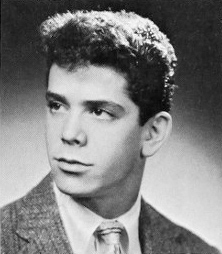
Under the patronage of Andy Warhol, The Velvet Underground gained traction in the avant-garde music scene, serving as Warhol's "house band" and releasing their first album in 1967. After Reed's departure from the band in 1970, he embarked on a solo career that yielded twenty studio albums. His second solo album, "Transformer" (1972), produced by David Bowie and featuring the hit single "Walk on the Wild Side," brought him mainstream recognition and is considered a landmark of glam rock.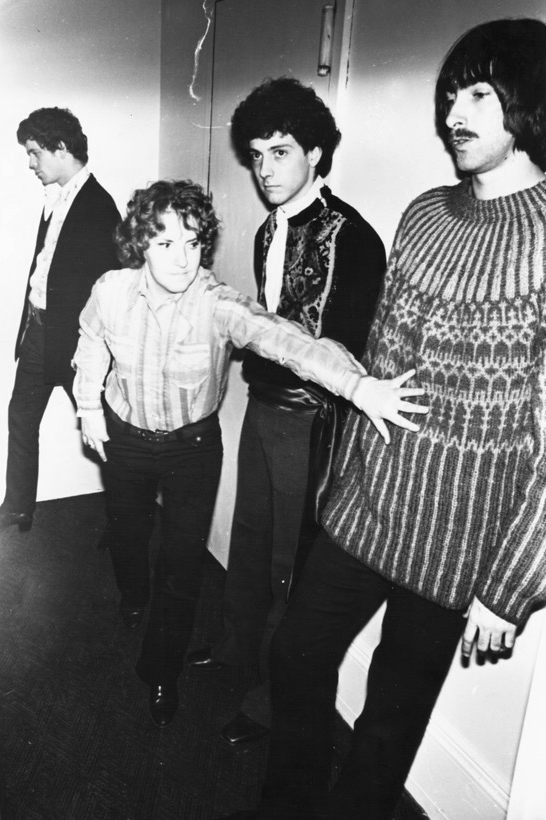
Throughout the 1970s and early 1980s, Reed experienced fluctuating commercial success and battled drug addiction and alcoholism. However, he made a remarkable comeback with albums like "The Blue Mask" (1982) and "New Sensations" (1984), reaching a critical and commercial peak with "New York" (1989).
Reed also reunited with The Velvet Underground in the 1990s and collaborated with John Cale on "Songs for Drella," a tribute to Andy Warhol. His album "Magic and Loss" (1992) achieved critical acclaim and chart success.
In addition to his music career, Reed contributed to theatrical interpretations of 19th-century writers and released albums like "The Raven." He married Laurie Anderson in 2008 and collaborated with Metallica on the album "Lulu."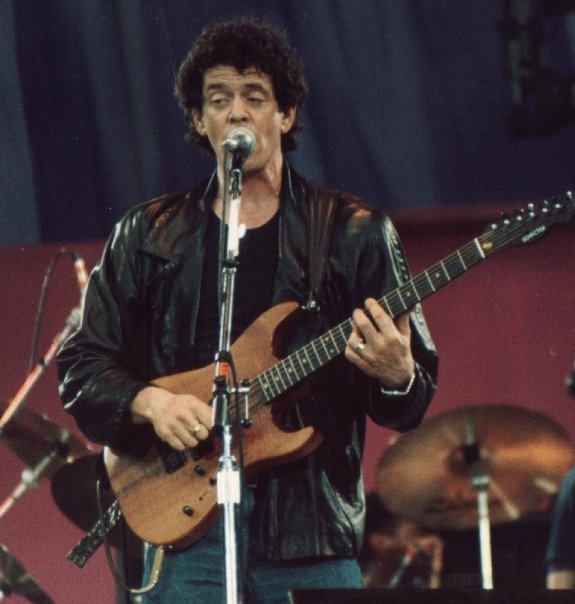
Lewis Allan Reed passed away in 2013 due to liver disease but left an indelible mark on the music world. He was posthumously inducted into the Rock and Roll Hall of Fame twice: first as a member of The Velvet Underground in 1996 and later as a solo artist in 2015.

Lewis Allan Reed, born on March 2, 1942, at Beth-El Hospital in Brooklyn, spent his formative years in Freeport, Long Island. His parents, Toby and Sidney Joseph Reed, were of Jewish descent, with Russian Jewish roots. Sidney Reed, originally named Rabinowitz, had changed his surname to Reed to avoid antisemitism.
Growing up, Reed attended Atkinson Elementary School and later Freeport Junior High School. His sister Merrill described him as having experienced panic attacks and possessing a fragile temperament during adolescence, although he was intensely focused on his interests, particularly music.
Reed's early exposure to rock and roll and rhythm and blues sparked his passion for music. He taught himself to play the guitar by listening to the radio and became involved in various bands during high school, honing his skills and laying the foundation for his future career in music.

Lewis Allan Reed's early music career began with the doo-wop group called the Jades, where he provided guitar accompaniment and backing vocals. The group recorded an original single titled "So Blue" with the B-side "Leave Her for Me" in 1958 after receiving an enthusiastic response at a talent show.
Reed's passion for music often clashed with his parents' anxiety and lack of support. He experienced a mental breakdown during his first year in college, leading to depression and anxiety. His parents consented to electroconvulsive therapy (ECT) as treatment, which Reed later described as traumatic and believed it was aimed at suppressing his homosexual feelings, although his sister refuted this claim.
After recovering from his illness and ECT, Reed resumed his education at Syracuse University in 1960, studying various subjects including journalism, film directing, and creative writing. He hosted a late-night radio program called Excursions on a Wobbly Rail, which featured doo-wop, rhythm and blues, and jazz. He also studied under poet Delmore Schwartz, who became a significant influence and friend.
During his time at Syracuse, Reed formed close friendships with fellow musicians and was introduced to intravenous drug use, which led to health issues like hepatitis. He graduated cum laude with a B.A. in English from Syracuse University's College of Arts and Sciences in June 1964. Throughout this period, Reed's experiences and influences shaped his unique approach to music and songwriting, laying the groundwork for his future endeavors in the music industry.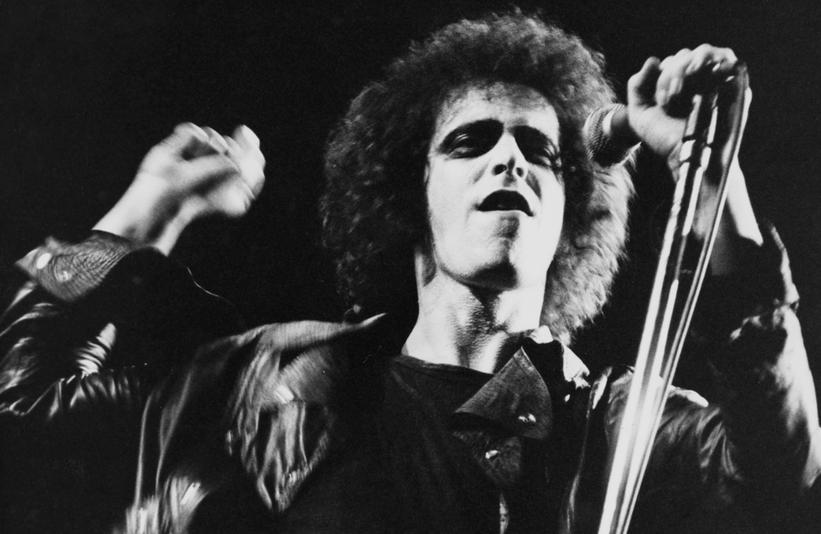
References
- "Lou Reed, 'Walk on the Wild Side' Rocker, Dies at 71". Bloomberg.com. October 27, 2013. Retrieved October 28, 2013.
- ^ Roberts & Reed (2004), p. 18.
- ^ "Lou Reed Facts, information, pictures". Encyclopedia.com. Retrieved December 24, 2012.
- ^ Beeber (2006), p. 11.
- a b c DeCurtis (2017).
- ^ Gabriella (November 1998). "The Gospel According to Lou: Interview with Lou Reed". Nyrock.com. Archived from the original on October 31, 2013. Retrieved October 27, 2013.
- ^ "Lou Reed's paradoxical Jewishness". The Times of Israel. October 27, 2013. Retrieved September 28, 2014.
- a b c d e f g Weiner, Merrill Reed (April 11, 2015). "A Family in Peril: Lou Reed's Sister Sets the Record Straight About His Childhood". Medium.com. Retrieved June 6, 2017.
- a b "Lou Reed and Julian Schnabel". Spectacle. Season 1. Episode 2. 2008. Archived from the original on April 15, 2009.
- ^ "Elvis Costello and Lou Reed". YouTube.











































